Are You A Creative? Know Your Rights: Interview With Alex Fewtrell, IP Lawyer
Today of all days, my biggest act of love is self-love. And self-love today is clearing away a situation and feelings that have been holding me back for years. My therapist always insisted that letting go is best done either through boxing or writing, today, I choose the latter.
As an immigrant divorcee, I reluctantly but in retrospect with gratitude (and saved nerves) sought legal counsel on numerous occasions. More often than not, however, I (alike most people I know) tried hard to avoid any contact with solicitors (naturally, for fear of being broke). In 2019 however, I found myself in a predicament I could not navigate myself. I am a commercial illustrator by trade, and at the time I had agreed to do an extensive textile print for a friend of mine who had a fresh menswear label on the rise. It was by all accounts a dream job, research took over a month, so did the execution. He was low on cash (but I loved his vision), we scrapped a contract (we were friends, who needs a contract?, big mistake) so we decided he would pay me a very small fee, credit me for my work wherever he was going to showcase it and sew me a garment from the fabric we worked on. In illustration, part of payment is for your time working on the artwork, but the majority stake of the fee is compensation for licencing out your art. Essentially you are allowing the client to use your artwork for a specific amount of time, in specific areas of the world, within a specific framework: editorial, online, tv, a collection, on a product etc. If the client wishes to reuse the artwork, they need to pay for an extended license. A buyout is when the client buys the copyright of your artwork, and you at this point sign over your IP to the buyer. There is always a contract involved in this process. There is an according price tag to the transaction. From this point on, the buyer no longer has to let you know what they are doing with the artwork and how they choose to use it, or with whom.
Our collaboration went great, the collection looked superb, my friend printed my toile de jouy artwork on weighty linen and made a gorgeous fitted suit out of it. For the show, the one square meter print also graced beautiful, multicolour wallpaper strips hung from the ceiling. We ended up continuing the collaboration in an exhibition dedicated to his country of origin, I was excited to paint a mural, and refine some of the characters from the print so he could print some tshirts, the profits were meant to be split. Some while after the exhibition I noticed my friend had done a shoe collaboration with a prominent brand using my print. Once I asked him, if he forgot to credit me, our relationship went sour. I later learned he believed the artwork to be his IP, alas, with no contract, or efficient fee this marked the end of our friendship and collaborative journey. I felt wronged, but also, I realized I didn’t know my rights. Who was in the right? If there was no contract, was I still the copyright holder? How could I protect my work? Money is not what I was after (although I believe money ought to be paid where it is due), it was respect, regaining self- confidence and showing my children, both growing boys, that in certain situations, it is imperative to find professionals who will help you stand up for yourself. I learned my rights, I decided against litigation, since the lawyer fees by that point had cost me 1500 per cent more than what I had made on this job. Sadly, our situation wasn’t resolved. My ex-friend still uses my artwork without having made amends, nor payment, but today, this no longer hangs over me. I am wiser. The fashion industry is rife with situations alike mine, so I have asked Alex Fewtrell, the IP lawyer who represented me, to talk through the main concerns and misconceptions why most don’t seek counsel, his reflections on the subject will hopefully help you navigate if ever you face a similar situation in your career.
What is an IP lawyer and why might one need to contact one?
An IP lawyer is a lawyer who advises on intellectual property matters. This primarily comprises copyright, trade marks, designs (registered and unregistered) and patents but can also include
confidential information/trade secrets. An individual would usually need to contact an IP lawyer in order to obtain advice on the exploitation, enforcement and/or management of intellectual property rights. This can include, for example, how best to protect their intellectual property rights or resolving a contentious IP dispute that has arisen.
What are the most common presumptions or myths about copyright in the creative industry?
The most common mistake I see is the misconception that just because you pay someone for a piece of work you automatically own the copyright in it. The exchange of money might give you an implied licence to use it but in order to legally own the copyright in a work it needs to be assigned in writing.
As a creative, what rights do you have in relation to your work, be it ideas, designs, products?
This depends on the nature of the work and which IP right it falls under. The general rule with copyright is that it automatically arises and the person who creates a work is the first owner of the work unless they are an employee acting in the course of their employment. The position is the same with unregistered designs. However, registered designs must be registered with the relevant intellectual property office to be valid. Similarly, trade marks need to be registered to be enforceable unless the rights holder wants to rely on passing off rights (although this is less reliable and logistically a more complicated cause of action). With confidential information and patents it is key that the information is kept confidential unless disclosed under the terms of a confidentiality agreement (or ‘NDA’) or, in the case of patents, alternatively until a patent application has been filed.
Do all disputes in relation to copyright have to end up in court? What possible scenarios might one have if committing to contacting a copyright lawyer (I am sure a lot of people are scared to even get in touch as they don’t presume that this process is healing not just in terms of monetary compensation, but also in regaining self-worth, etc)?
Not at all. Litigation is expensive and a good lawyer should always endeavour to resolve a dispute before issuing legal proceedings where possible. There is a ‘pre-action’ stage before litigation where parties typically exchange correspondence from their legal representatives and explore the possibility of reaching an amicable settlement. However, if negotiation is not possible then the only option may be to issue formal legal proceedings. Similarly, you are under no obligation to issue a claim simply by contacting an IP lawyer. The first and most important step is just to speak to a lawyer who can advise you on what steps they think need to be taken to resolve an issue or achieve a desired outcome. It is then entirely up to you how you wish to proceed, including whether you want to issue formal legal proceedings or take no action.
What are the most common reasons why people shy away from contacting an IP lawyer?
I think the biggest concern is usually the costs that are assumed would be involved and the assumption that one will be charged substantially without any understanding of what, how, when and why that would happen. However, lawyers are obliged to be transparent with clients about their fee structures and cannot begin incurring fees without a client’s instructions.
You work with creatives. How important do you think is it for an IP lawyer to have their own inner relationship with creativity – not just be a service to a particular niche? Are you creative?
For me it is key. My passion lies in creativity and therefore I relish being able to work with and help innovative and creative individuals and businesses on a daily basis. I do not think it is necessarily essential for an IP lawyer to have an inner relationship with creativity as typically we advise on the more technical side of things but having that passion for the subject matter underlying your work will naturally make you better at what you do.
At some point in the future, you will be leading the industry. What do you think is important to tackle for your generation? What are the pitfalls and where do you feel the industry needs evolving?
Well, I am not sure if I will personally be leading the industry but it is a nice thought! In my view my generation is tasked with changing the perception of what it is to be a lawyer. Historically, I think lawyers were thought of as intimidating individuals in expensive suits whose advice would be impossible to afford. However, in reality not all lawyers wear suits and not all lawyers are unaffordable. In fact, it is our duty to act in our clients’ best legal and financial interests and achieving the best outcome with the least expenditure possible is always at the heart of what we do. Therefore, I think the goal of our generation should be to get us to a stage where no one has to feel concerned about seeking or accessing legal advice.
Let’s break down some stereotypes: how important is empathy within your professional realm?
Empathy is essential. A lawyer needs to be able to thoroughly understand and relate to their client’s position so they can tailor their advice accordingly and achieve their client’s objectives.
What makes a good lawyer?
For me, a good lawyer is analytical, methodical and has a high level of attention to detail. However, perhaps most importantly a lawyer needs to be pragmatic and commercially minded as the best advice does not just come down to what the legal position is but also how it will financially impact
the client.
Aside from the above, I think interpersonal skills and an interest in people is key for a solicitor as this helps to build long-term relationships and incentivises one to go the extra mile for his or her clients.
How important is the notion of justice to you? How often is justice served in your experience of work?
This is a difficult question when it comes to civil disputes. When we think of justice, we typically think of a criminal being punished for a wrongdoing. However, with civil disputes the ‘wrong-doing’ occurs between two individuals, businesses or organisations as opposed to between one of these and the state. The remedy sought is often financial and therefore it is important to look at disputes through a commercial lens whilst also taking into account the client’s objectives. Ultimately therefore, I think justice in the field of IP is securing the best possible outcome for your client given the circumstances.
Was it your ambition to become an IP lawyer?
I always had an underlying interest in intellectual property even before studying law as it governs a lot of the things I am passionate about (music, film, art etc). However, I had the opportunity to learn more about intellectual property very early on when I started studying and I immediately knew that it was the area I wanted to work in long-term.
Why do you love your job?
I love my job because I get to challenge myself on a daily basis. But most importantly I love being able to work alongside and genuinely help individuals and businesses – there is no greater feeling than knowing I have made a positive impact or achieved a desired outcome for a client.
Happy Valentines! Feel free to leave any questions below.
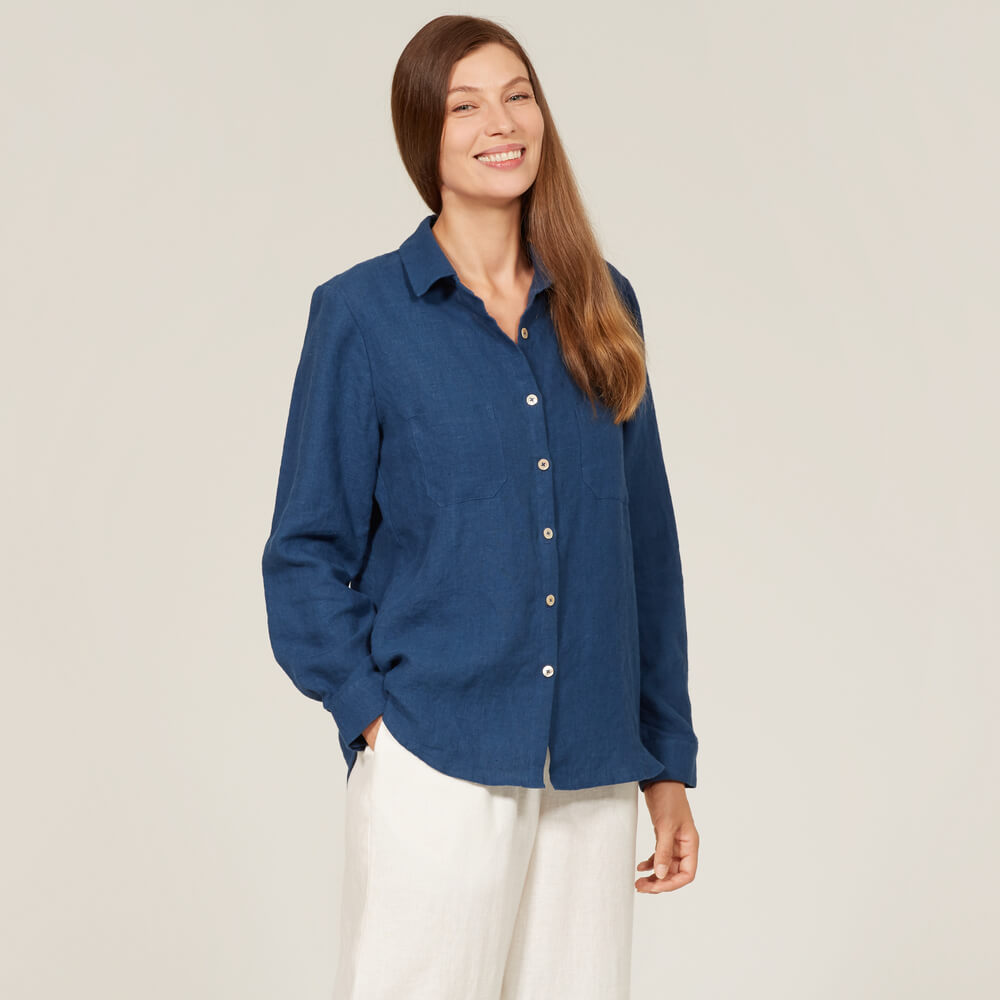

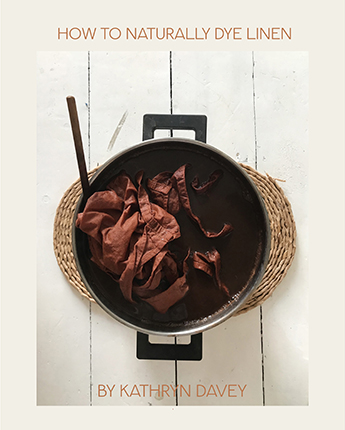
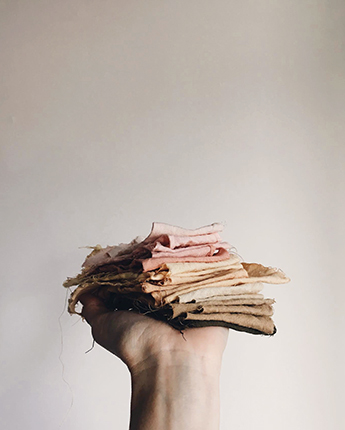


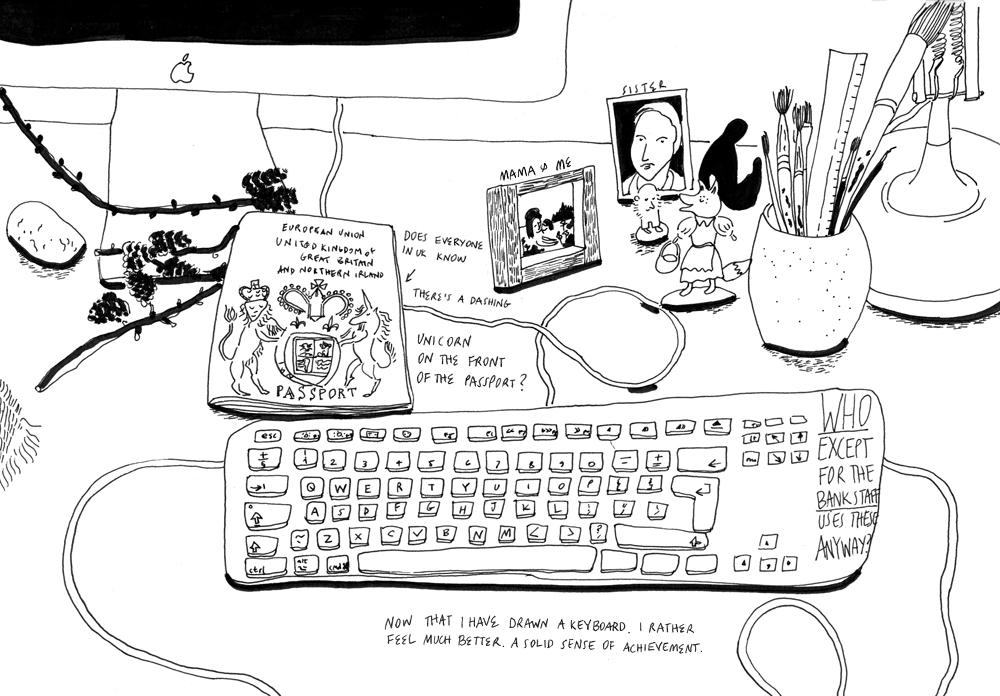
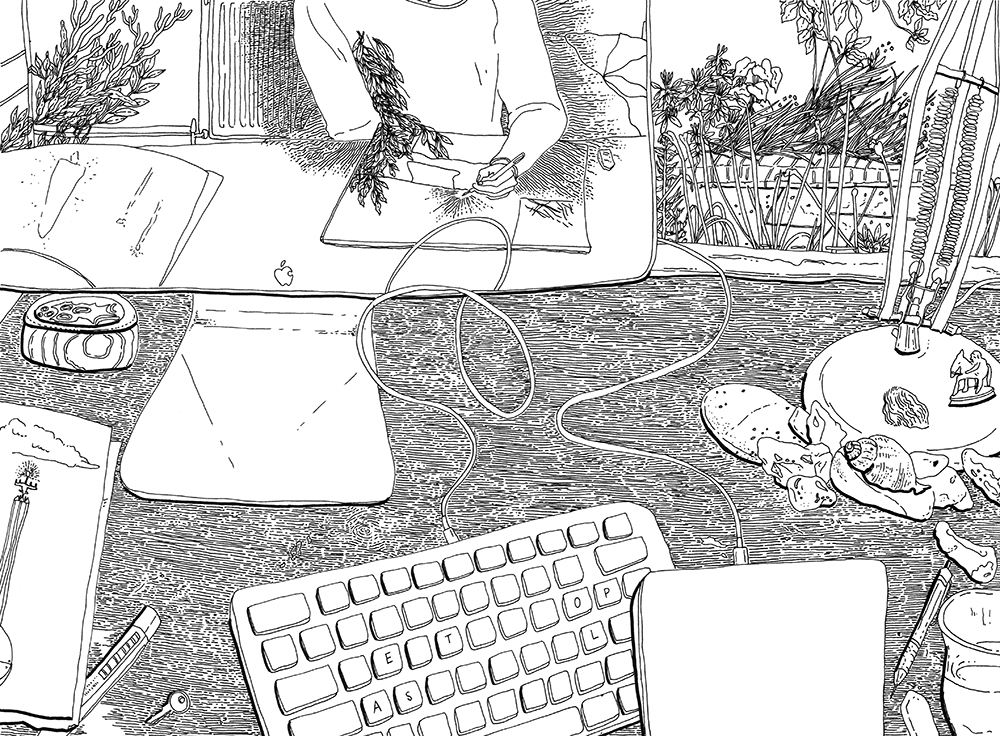
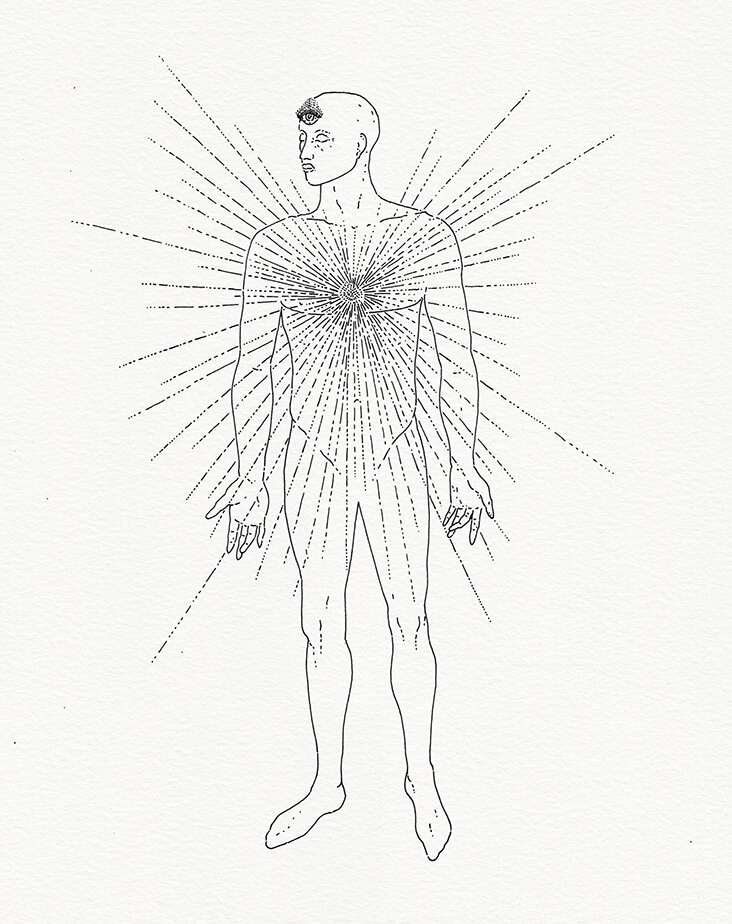
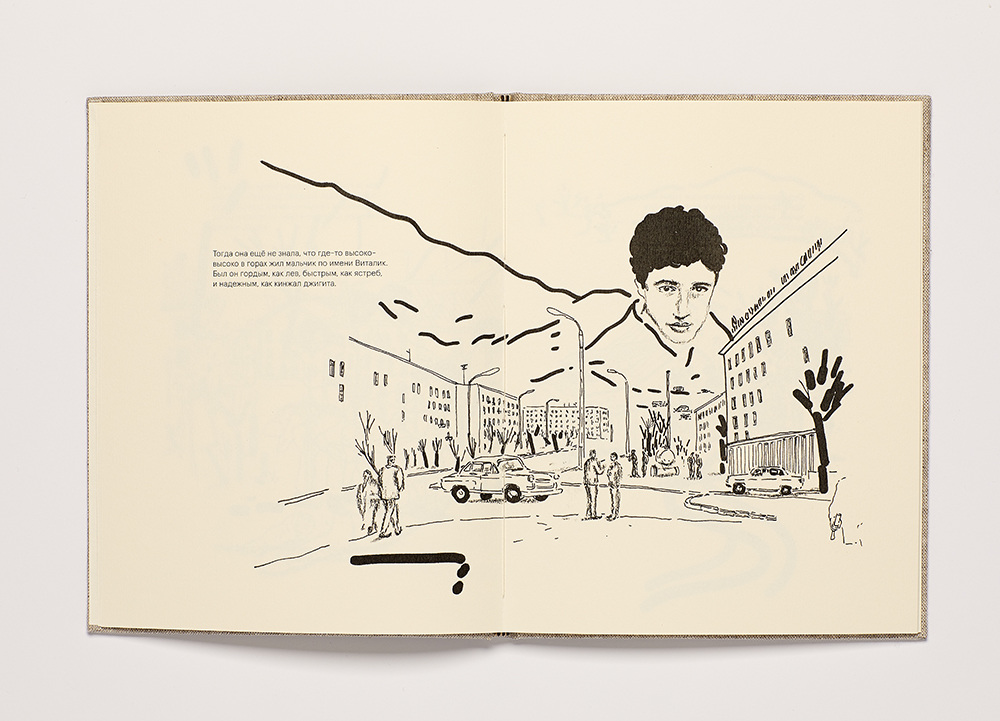
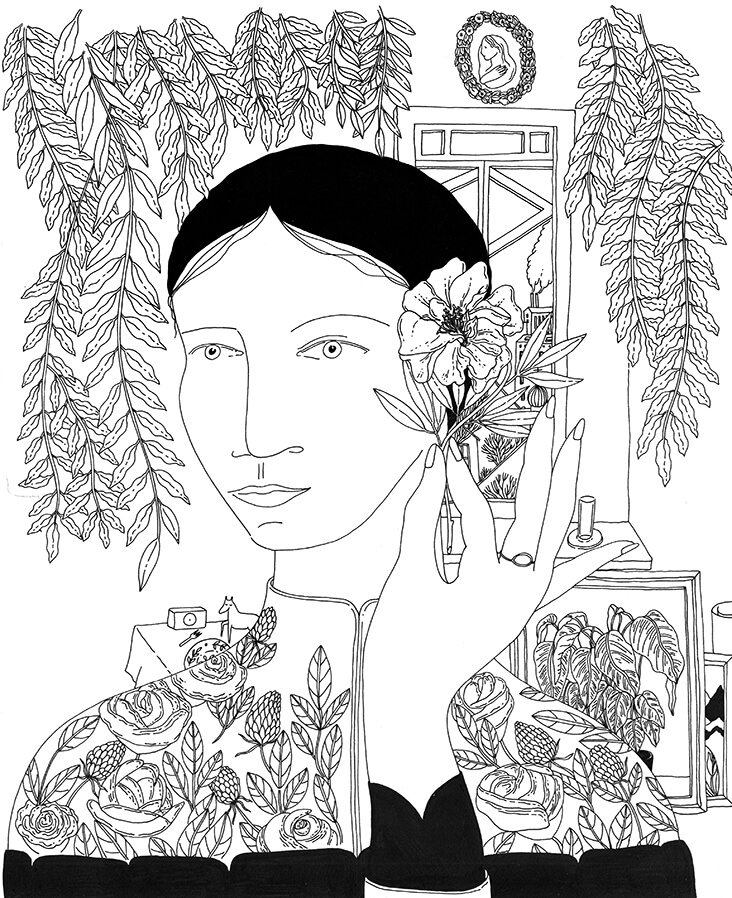
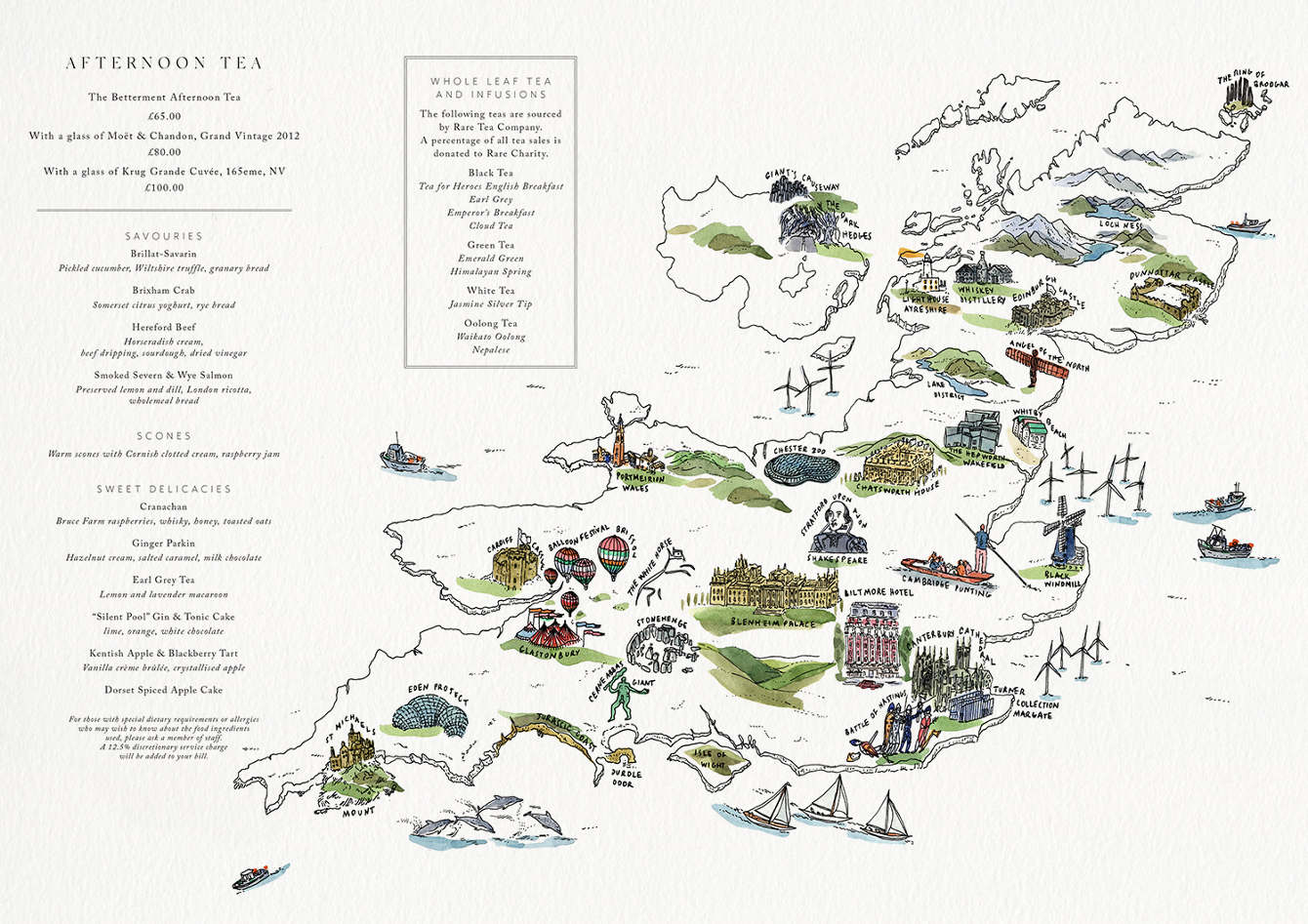
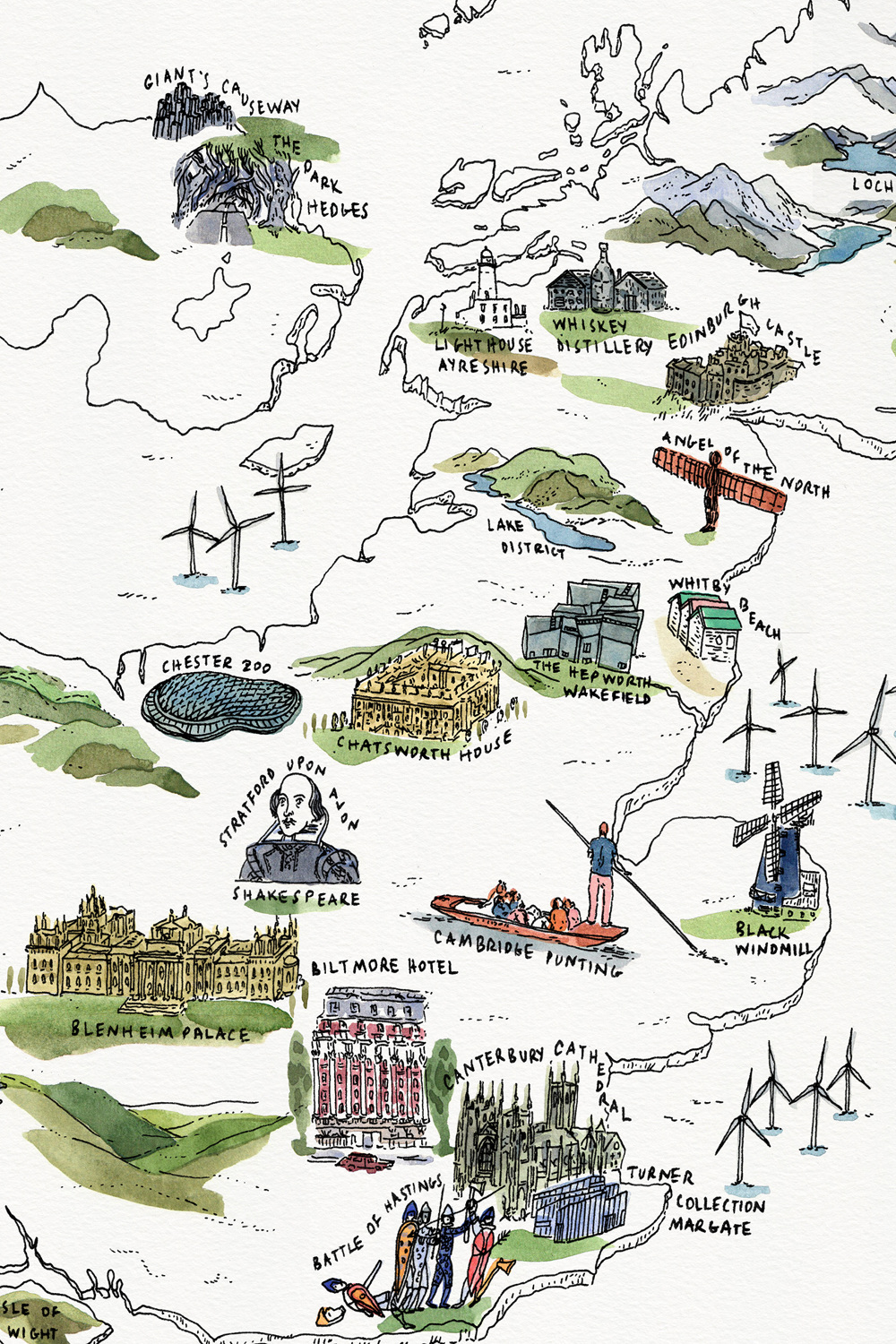
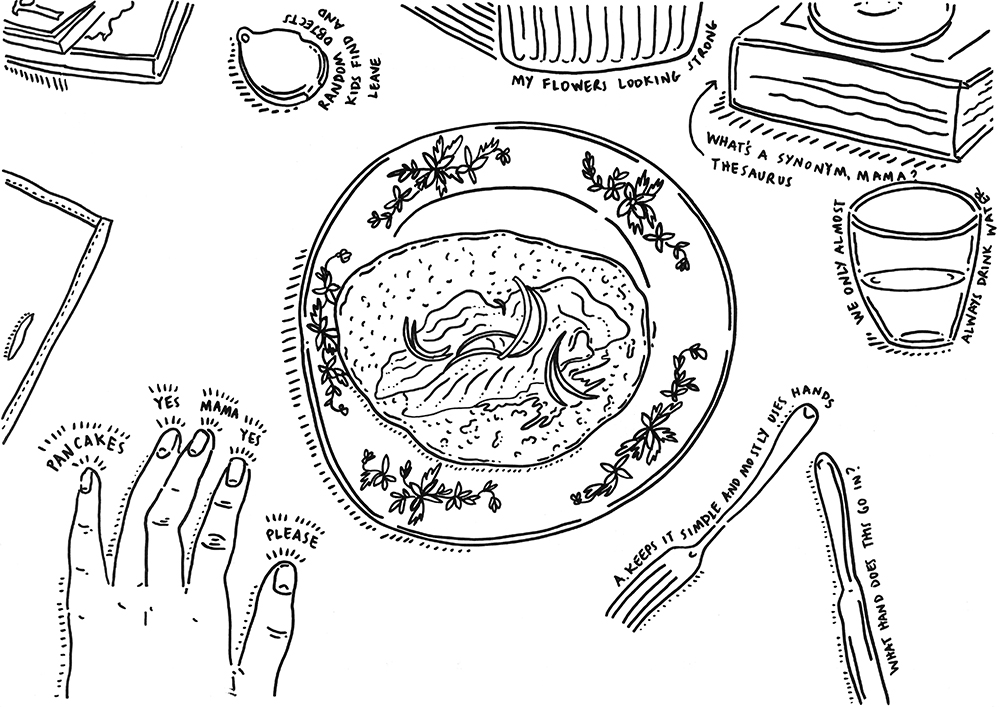
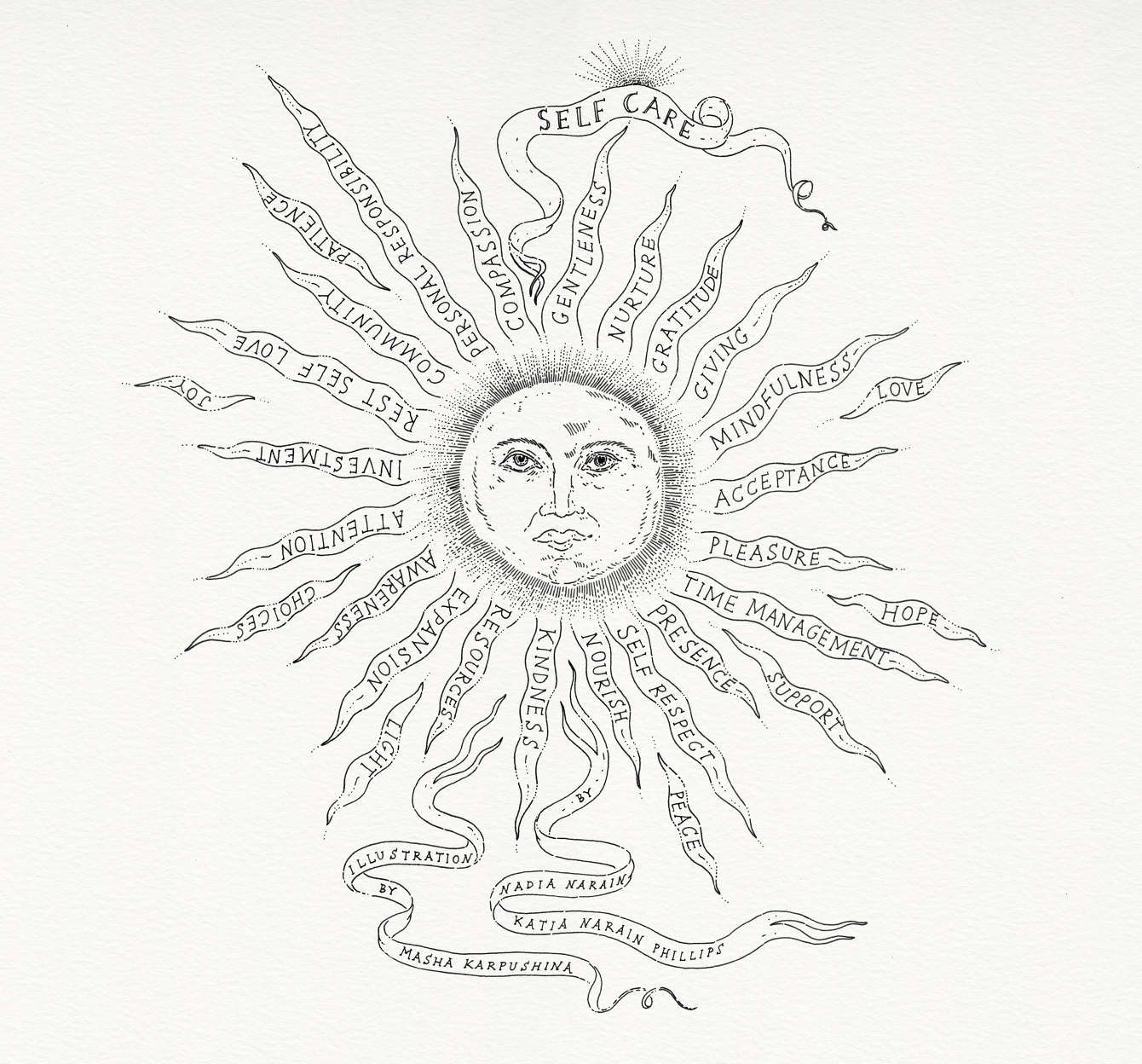








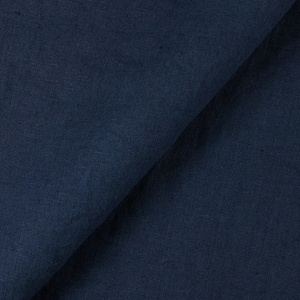






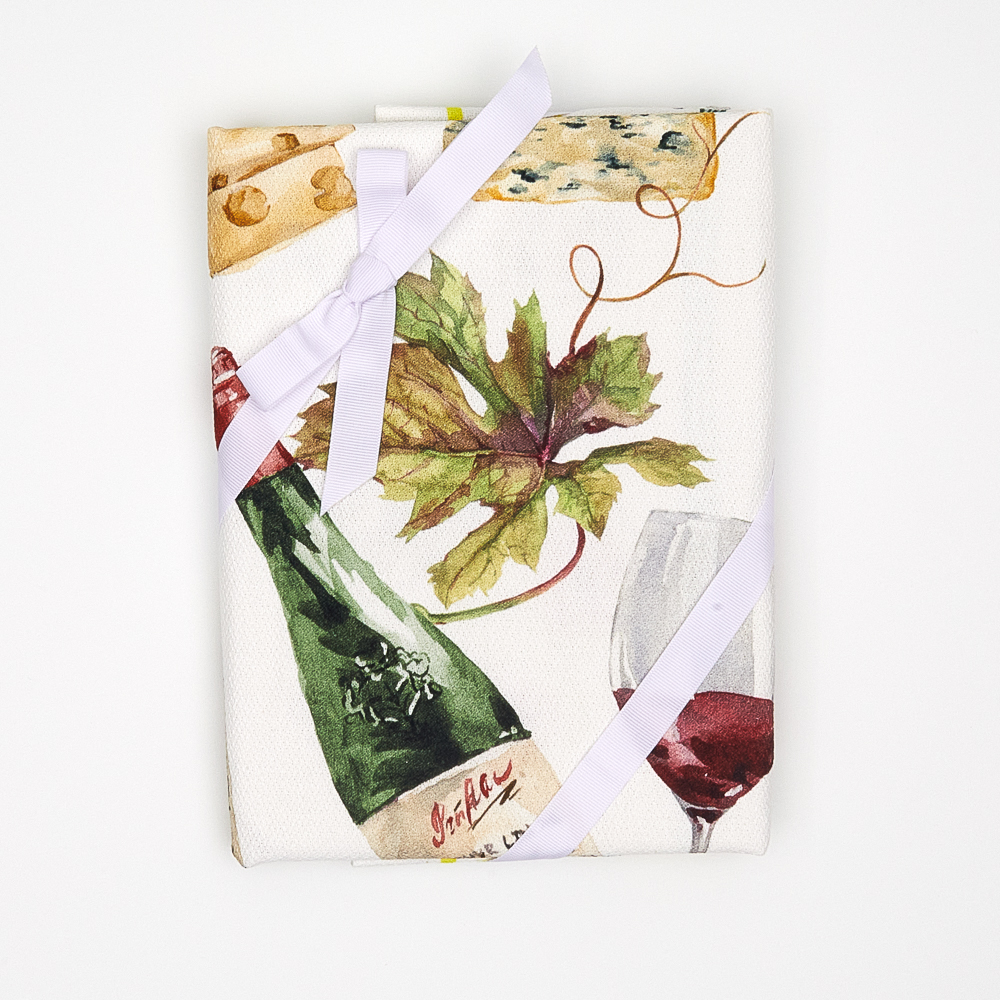


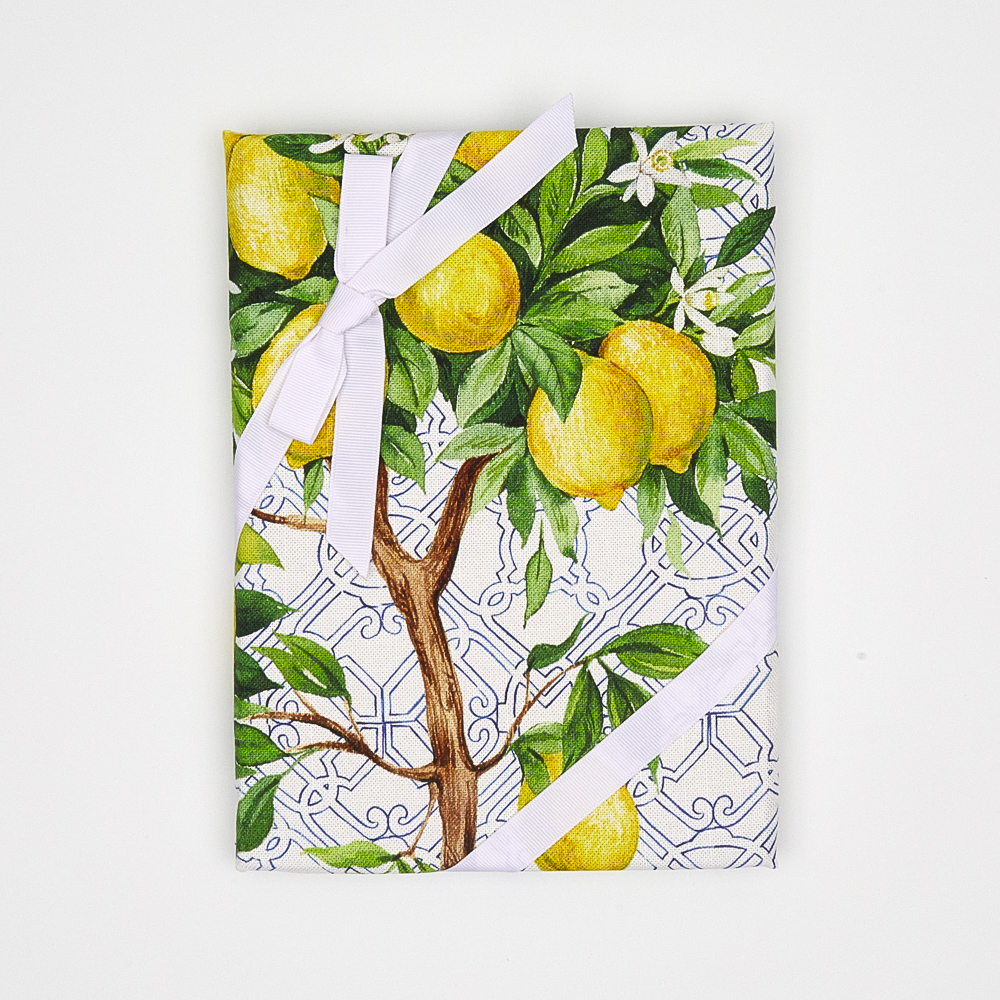
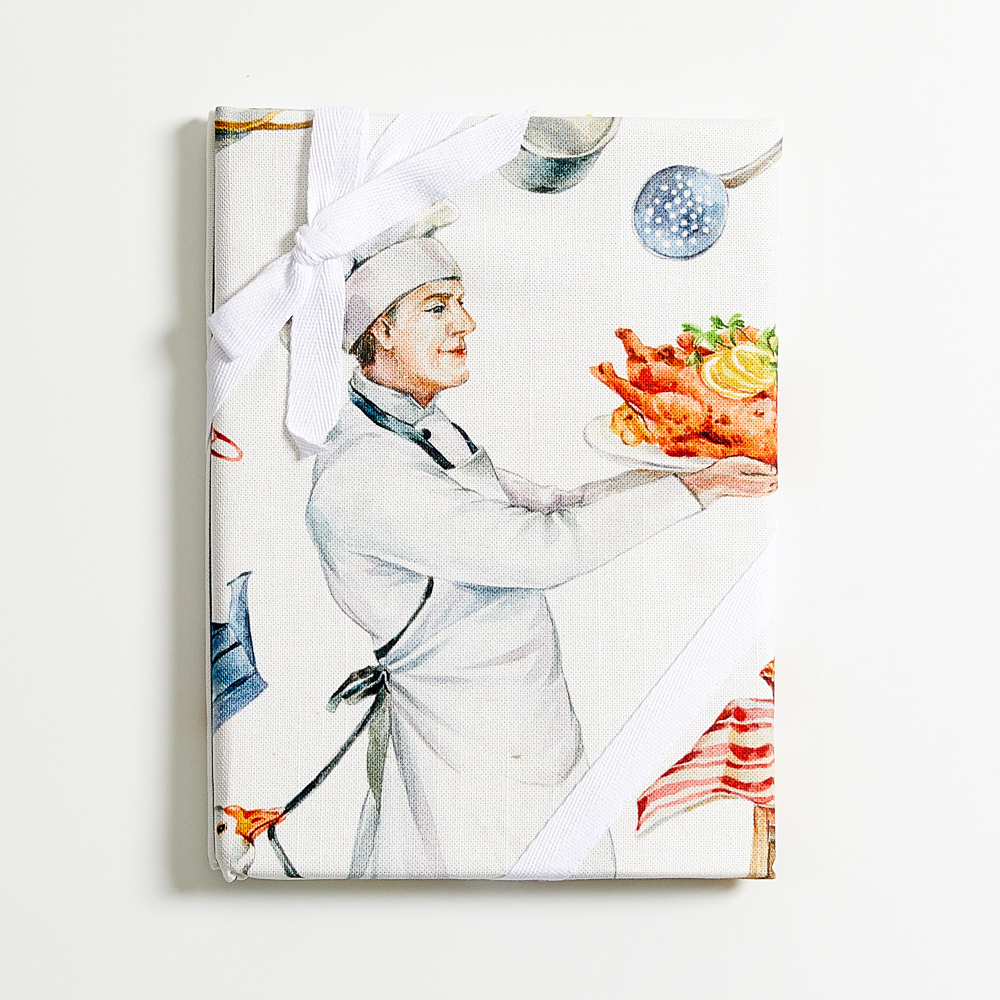

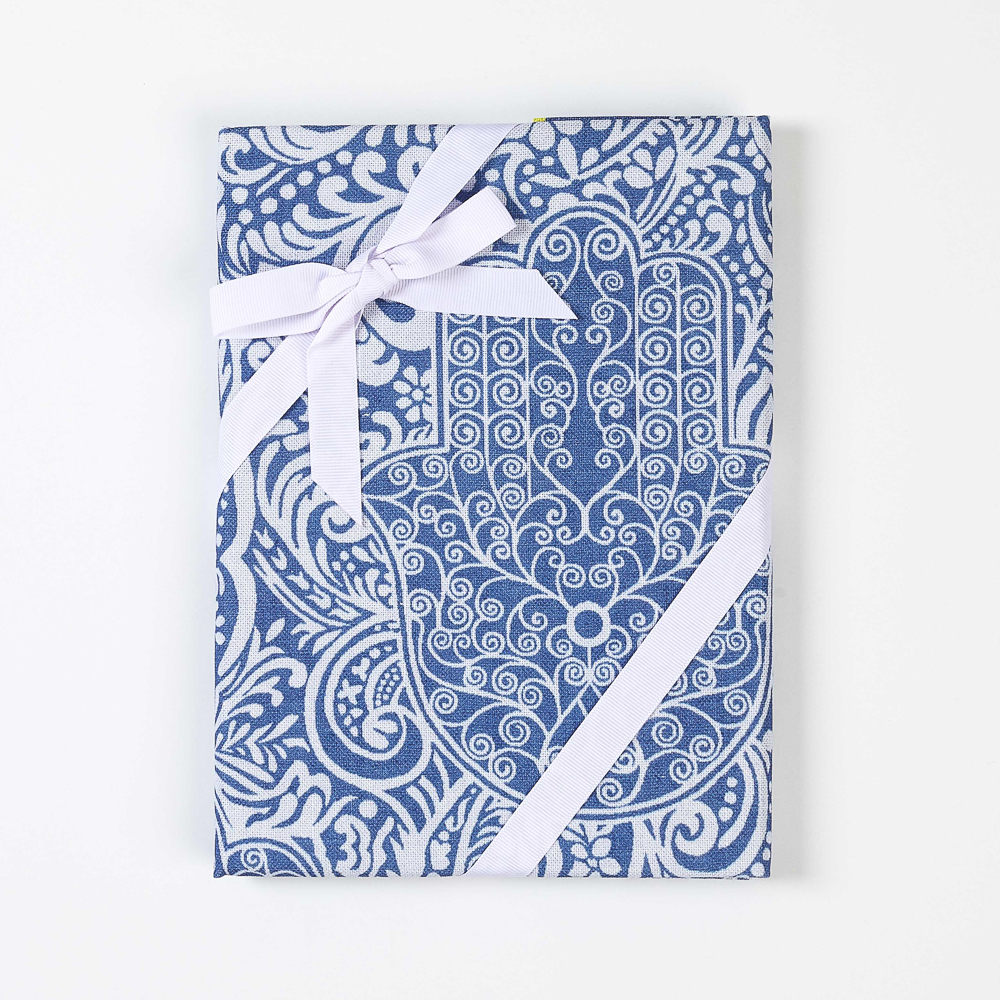
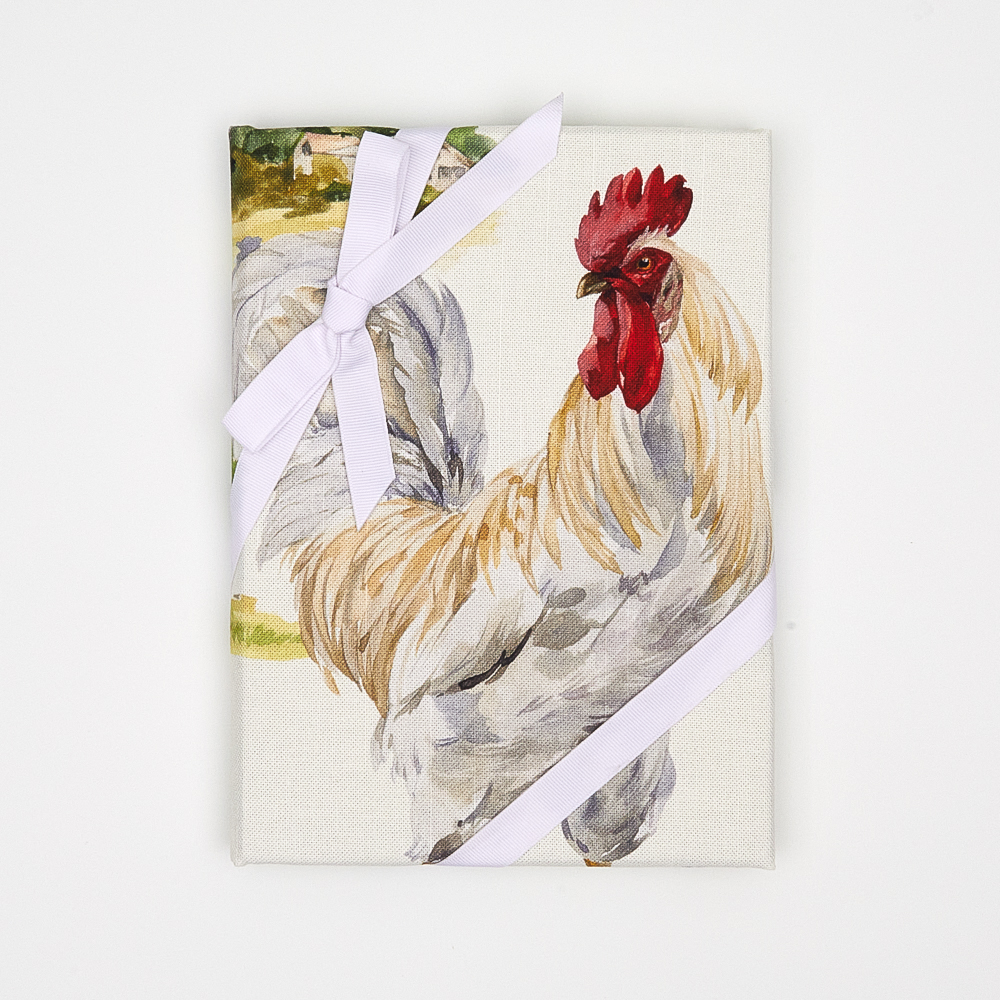

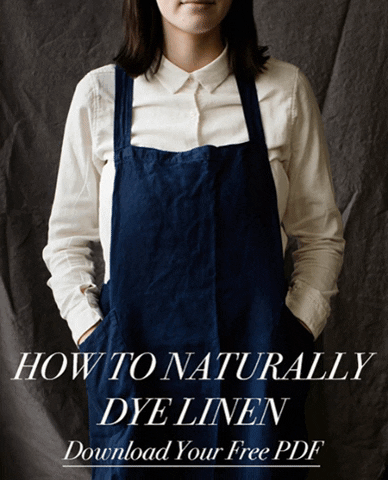



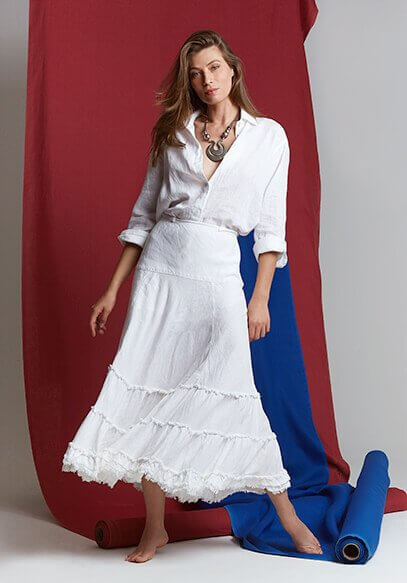
One Comment
Deborah Morris
Thank you Masha. I love your work, and appreciate your act of love for self and others in posting this!